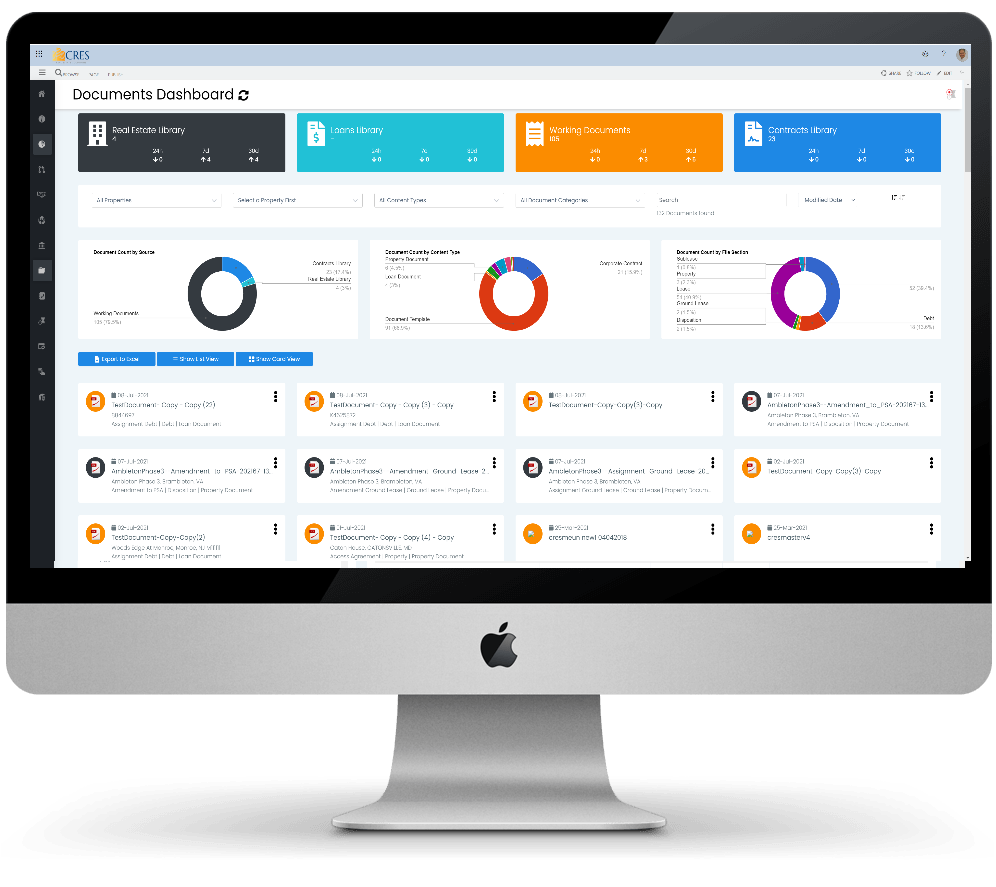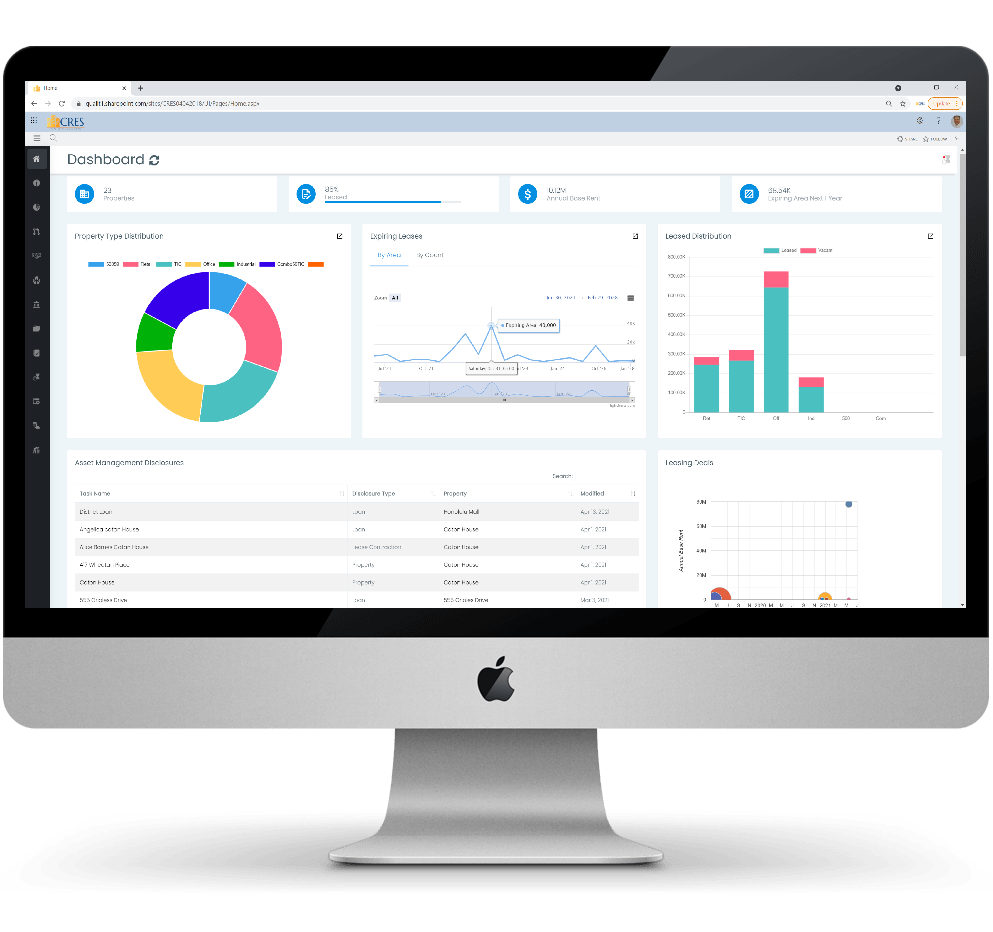
Just like any data-intensive industry, real estate companies produce lots and lots of paperwork and documents. Any layman who has ever rented, sold, or bought a property must have experienced it. Imagine the documents that real estate companies have to deal with on a regular basis! That’s why real estate document management software is so critical for such organizations.
Background and History of Document Management System
In the ’80s, when computers became more commonplace, computer programmers began to develop document management systems or DMS. Although the initial software was relatively crude, the technology has evolved exponentially since then. The primary purpose of this software was to reduce paperwork and eventually shift to a paperless economy.
When it comes to real estate document management, companies are at different steps of the evolutionary ladder. Some companies are still stuck with stacks of physical files and folders. Others have evolved further but still, keep them in old-fashioned file servers. Advanced companies have taken a step further and opted for cloud-based document management systems or DMS.
What are the characteristics of an Ideal Real Estate Document Management Software?
Real Estate Document Management Software enables you to create, digitize, and manage documents related to the real estate industry. This blog will discuss what features an ideal real estate document management software should have.

Portfolio Data Tagging and Categorization
A smart real estate document management system should tie documents to real estate portfolio data, assign document categories, capture dates associated with them, and automatically organize them in an intuitive folder structure. This way, it is easy to find a specific document based on anything you like to filter on.

Ease and Accesibility
As the world has embraced the mobile era, progressive businesses have adopted the trend. A sound Document Management System should allow you to access documents on the go, from anywhere, at any time, and using any device.

Control and Shareability
Version control of the documents is also an important capability a DMS should have. It should allow you worry-free collaboration when you share documents with external and internal users. You should be able to refer to previous versions of a document and know who edited what and when.

Digitizing and OCR
When you scan a document, the computer considers it as an image. A scanned document can’t be searched for text in the document. This problem has been resolved with OCR or Optical Character Recognition Software which turns the scanned document images into text-searchable files. A robust DMS should be able to retrieve documents for the keyword search.

Smart and Intuitive
An efficient real estate DMS would save you a lot of time in data entry. It should automatically draft and insert real estate data into Word document templates. It should also, automatically associate documents with your properties, tenants, loans, legal entities, and transactions.

Powerful Searching Capability
A powerful Document Management System has a robust searching algorithm that allows users to search the document against different keywords and filters related document categories or portfolio data.

Signature Routing
Your DMS client should be flexible enough to allow signature routing to different stakeholders such as internal and external users, partners, sellers, tenants, and buyers. It should integrate with commonly used signature routing tools such as DocuSign and Adobe Sign.
Conclusion: Why use Document Management System?
Someone who has ever purchased or sold a property would be well-aware that it requires loads of paperwork, i.e., deals, agreements, forms, legal documents, etc. Extrapolate it for real estate companies by multiplying it with clients and stakeholders. It virtually becomes impossible to track documents in the maze of folders and sub-folders typical in a file server or even in a cloud-based system such as Box, DropBox, or Google Drive. A good DMS would organize the documents based on metatags such as properties, tenants, loans, legal entities, transactions, and document categories. In a robust document management tool, search is quick and efficient. It allows accessing and sharing documents anytime, anywhere, and using any device.
How we can help

CRES Real Estate Document Management offers an automated solution for organizing, securing, and digitizing your documents so that you can easily locate them. It seamlessly integrates documents with your asset portfolio, departments, legal entities, loans, and transaction data, and has a built-in tool that allows document extraction based on your criteria, so you can easily share those documents with external parties. It also has a Business Intelligence-based robust documents analytics and search tool that allows you to search for documents across portfolios and libraries.
With CRES DMS, You can spend more time managing your business, instead of searching and managing documents in the labyrinth of information. Talk to us about how we can help you organize all your documents in a centralized dashboard.
What is CRES Real Estate Solutions?

CRES is a Microsoft 365-based Real Estate Productivity Solution that consolidates your data, documents, business processes, and business intelligence to enhance your productivity. By consolidating data and documents via systems integration, and providing centralized visibility to business processes and business intelligence, we remove those silos. Our solution fully integrates with any property management system such as MRI, Yardi, VTS, or Real Page. All your data and documents from different systems can be centralized in one location. As your company grows, so will productivity challenges. With CRES Real Estate Solutions, we can overcome these challenges. Contact us for a demo.
About Irfan Butt

CRES Technology – Founder and CEO
A strategic leader with more than twenty years of progressive experience in Business Administration, Finance, Product Development, and Project Management. Irfan has a proven track record in a broad range of industries including hospitality, real estate, banking, finance, and management consulting.





